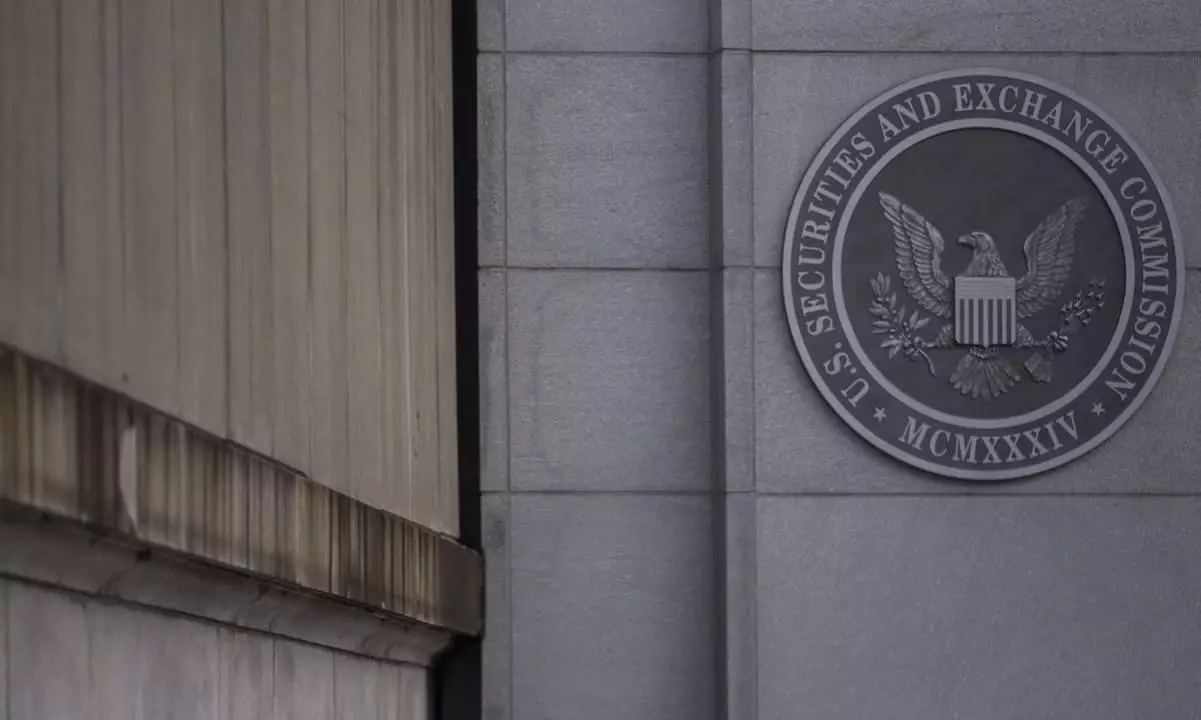In a significant move, eToro, a prominent player within the cryptocurrency trading space, faces stringent restrictions from the U.S. Securities and Exchange Commission (SEC). By enforcing a ban on nearly all crypto assets, the SEC highlights ongoing regulatory pressures that digital asset platforms must navigate. This decision stems from allegations that eToro operated as an unregistered broker and clearing agency, facilitating trading activities that violated federal securities laws dating back to 2020.
The SEC’s actions are part of a broader trend of increased scrutiny on cryptocurrency platforms, as regulators attempt to impose a stricter framework on the rapidly evolving digital finance landscape. The financial penalties associated with these violations, amounting to $1.5 million, indicate a serious commitment to enforcing compliance rules designed to ensure investor protection.
As a result of the SEC’s settlement, eToro will drastically limit its crypto offerings to just three primary assets: Bitcoin (BTC), Bitcoin Cash (BCH), and Ether (ETH). While this might streamline its operations, it also raises questions about the platform’s competitiveness and attractiveness in a marketplace that thrives on diverse asset options. The restriction necessitates that eToro’s customers liquidate or sell their holdings in other cryptocurrencies within a 180-day timeframe, leaving many users scrambling to adapt.
The SEC’s announcement reflects an assertive regulatory stance, but it also serves as a cautionary tale for other platforms engaged in trading cryptocurrencies that may be deemed unregistered securities. This recent shift shows that remaining compliant with regulatory frameworks is paramount for the longevity and stability of crypto exchanges.
Historically, eToro has sought to align its practices with SEC regulations, recognizing the need to navigate an increasingly complicated legislative landscape. The exchange proactively delisted various assets that faced similar scrutiny in recent months, including popular cryptocurrencies such as Ripple (XRP) and Cardano (ADA). This demonstrates both a responsible acknowledgment of regulatory pressures and an attempt to preserve its operational viability as regulations evolve.
Moreover, eToro is contending not solely with U.S. regulations; it also faced legal action from the Australian Securities and Investments Commission, further underscoring the global nature of this compliance crisis. As regulations tighten worldwide, eToro’s situation exemplifies the difficult balance that crypto exchanges must maintain—between offering a diverse product range and adhering to the burgeoning frameworks governing digital asset transactions.
As eToro moves decisively to comply with SEC regulations, it raises pertinent questions about the future of cryptocurrency trading in the U.S. and beyond. The SEC’s recent actions, coupled with those of Canadian and Australian regulators, signal a determinative pivot toward emphasizing consumer protection and market legitimacy in the cryptocurrency sector.
Ultimately, eToro’s settlement is a critical case study for other platforms navigating similar regulatory waters. Their choice to concede to federal guidelines may signal a new era for crypto exchanges, where strict adherence to laws may dictate the nature of digital finance operations. Going forward, adaptability and regulatory foresight will be vital for platforms hoping to thrive in this uncertain and evolving industry.
















Leave a Reply